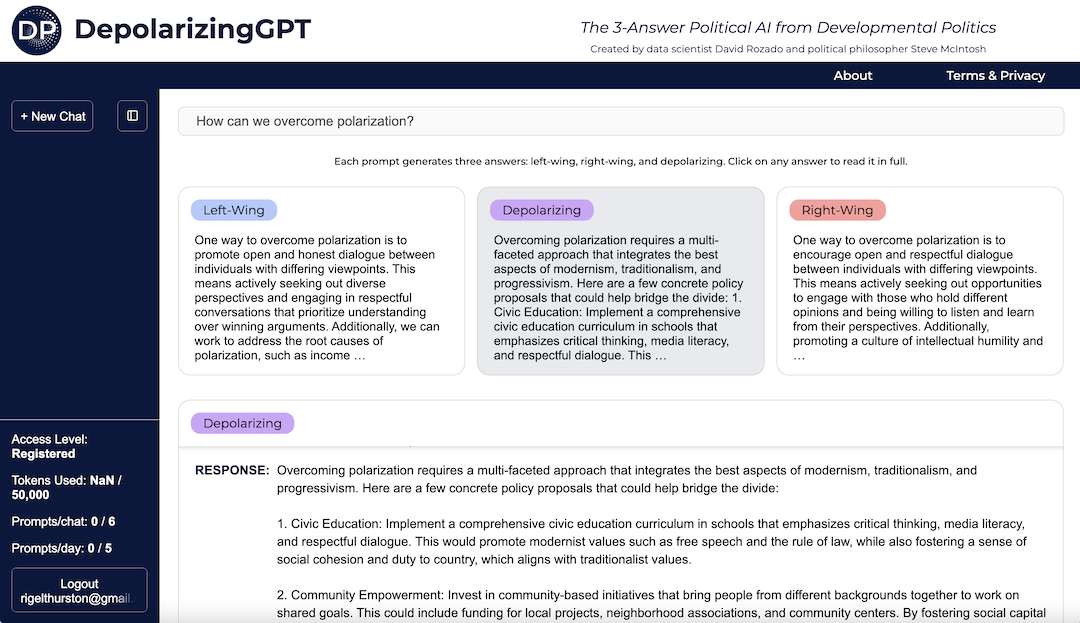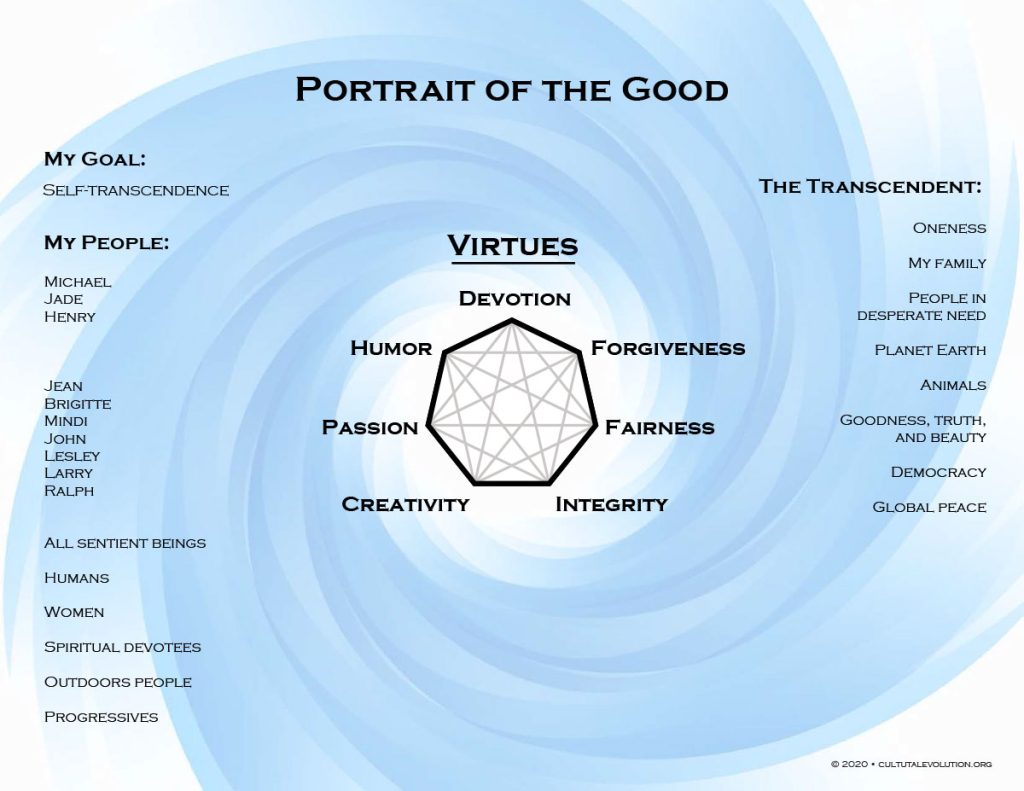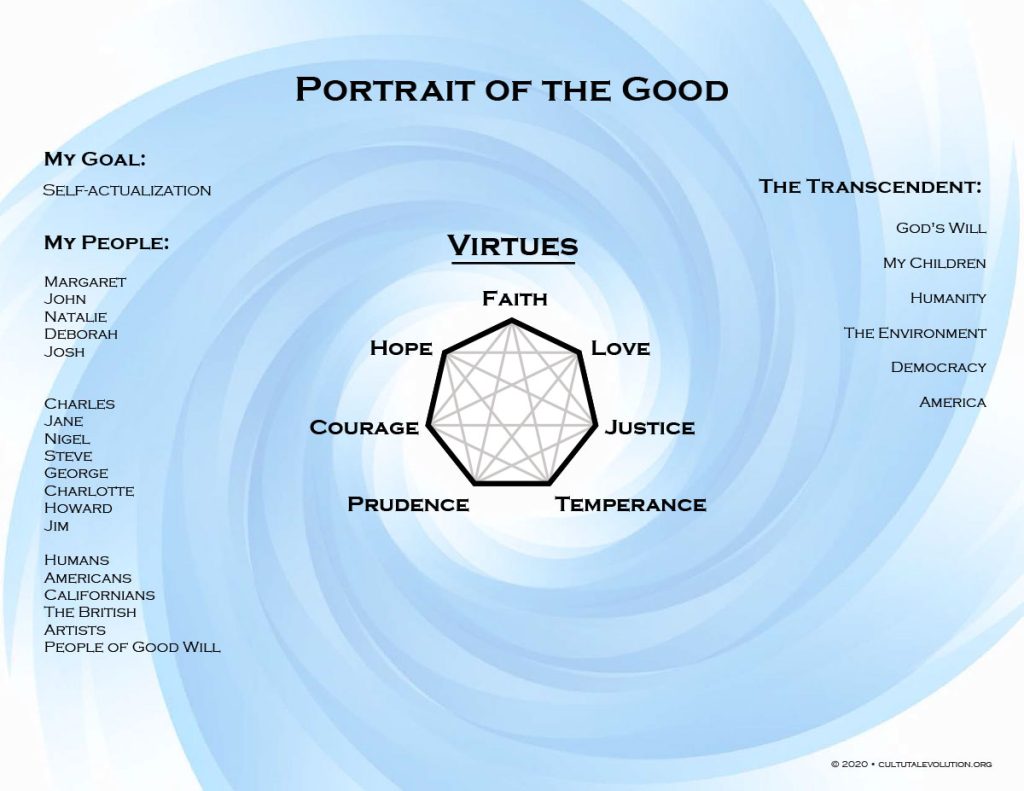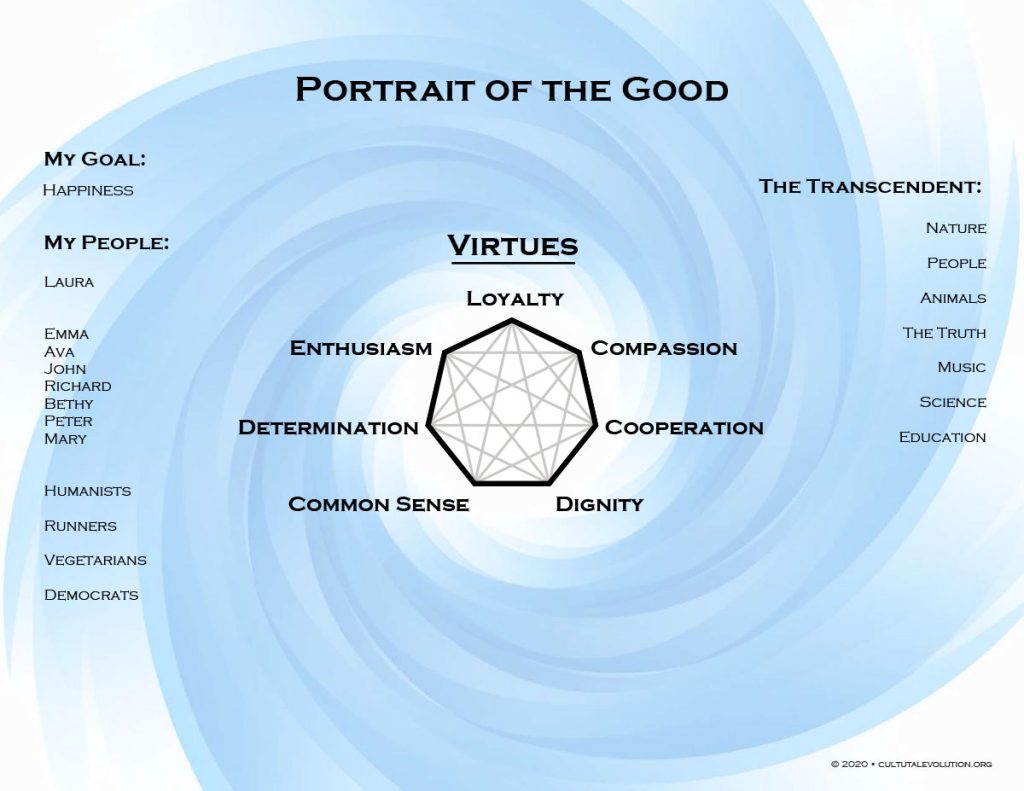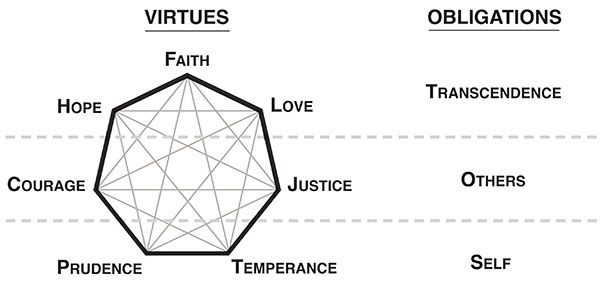DepolarizingGPT
Announcing DepolarizingGPT — The 3-Answer Political AI Chatbot
The Developmental Politics Project’s founder and lead philosopher, Steve McIntosh, has teamed up with data scientist and Heterodox Academy Fellow David Rozado to create DepolarizingGPT—a political AI chatbot that gives three answers to every prompt: one from a left-wing perspective, one from a right-wing perspective, and a third answer from a depolarizing or “integrating” perspective. The news is filled with reports of how social media is exacerbating political polarization. But we believe technology can also be used to actually reduce polarization. Our 3-answer AI chatbot combines three models—LeftwingGPT, RightwingGPT, and DepolarizingGPT—into one system so users can see three different viewpoints simultaneously and thus become exposed to valid perspectives from the other sides.
DepolarizingGPT’s left-wing responses have been fine-tuned with content from left-leaning publications such as The Atlantic, The New Yorker, and The New Republic, and from numerous left-leaning writers such as Noam Chomsky and Joseph Stiglitz. The model’s right-wing responses have been fine-tuned with content from publications such as National Review, The American Conservative, and City Journal, and from numerous right-leaning writers such as Roger Scruton and Thomas Sowell. The model’s depolarizing responses have been fine-tuned with content from the Institute for Cultural Evolution think tank, and from Steve McIntosh’s political philosophy. The model’s depolarizing responses attempt to go beyond centrism and to avoid spitting the difference between left and right. These depolarizing answers strive for a kind of “higher ground” that transcends the left-right spectrum. The fine-tuning process used to create this 3-answer AI model is protected under the fair use provisions of U.S. copyright law.
Suggestions on how to use DepolarizingGPT
- Get its opinion on any political issue (the homeless, abortion, climate change, Jan 6, Roe vs. Wade):
- “How do we solve homelessness?”
- “What do you think about climate change?”
- Ask it to respond to a tweet or a post (approximately 500 – 700 words) by copying the text into the prompt box.
- “Respond to this tweet: [paste tweet here].”
- Response to this political opinion: [paste text 500 – 700 words here].”
- Practice debating an issue with your political opponent. If you lean politically Right, start a conversation with the Left Wing response and see if it changes your mind, or confirms your convictions.
- Make it do something goofy, like write a song about the border wall.
About David Rozado
David Rozado, Ph.D., is an Associate Professor at Te Pūkenga – The New Zealand Institute of Skills and Technology. He is also a Faculty Fellow at Heterodox Academy’s Center for Academic Pluralism (2023-24). His Substack is Rozado’s Visual Analytics: davidrozado.substack.com, and his X page (twitter) is @davidrozado.
About Steve McIntosh
Steve McIntosh, J.D., is a political philosopher focused on the evolution of culture and consciousness. He is author of four philosophy books, including his most recent: Developmental Politics (Paragon House 2020), and he is coauthor of Conscious Leadership (Penguin 2020). McIntosh is cofounder and lead philosopher at the Institute for Cultural Evolution. His writing has appeared in USA Today and other prominent publications, and he has been interviewed on NPR, The Glenn Loury Show, Oxford Review, Rebel Wisdom, and many other podcasts. His author website is: stevemcintosh.com, and his X page (twitter) is @politicsdevelop.
About Developmental Politics
The Developmental Politics Project is a nonprofit organization supported by the Institute for Cultural Evolution, a 501c3 Colorado nonprofit corporation. The organization’s goals include advancing the evolution of American culture to help overcome its hyperpolarization and social decay. Developmental Politics is neither left, nor right, nor centrist. The organization works to synthesize and harmonize values from across the political spectrum. Its theory of change is that culture and consciousness coevolve when people expand the scope of what they can value. For more about the political philosophy and cultural activism of Developmental Politics, visit the organization’s headquarters website:
developmentalpolitics.org, and its X page (twitter) @politicsdevelop.


